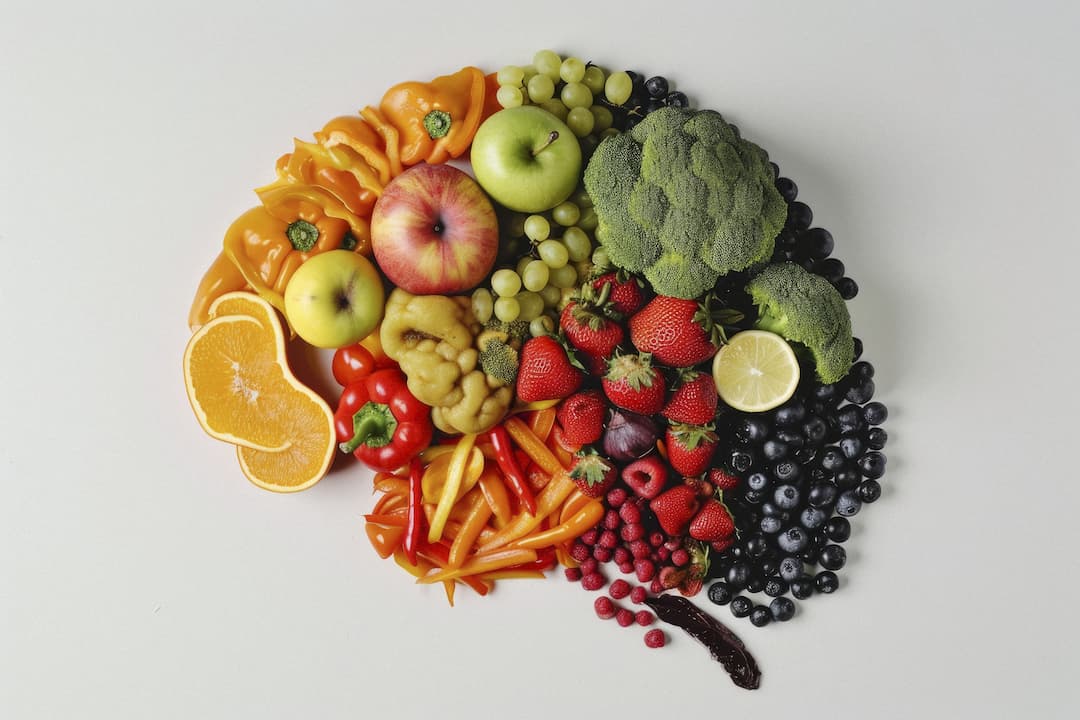Not sure where to start? Chat with our health advisor
Chat now

I'd like to
.......
- Healthcare Services
- For Business
- About Us
- Contact Us
Upload Prescription

Zuri Health
•05/26/2025
Mental health and workplace productivity | zuri health
Discover how mental health impacts workplace productivity & why employee well-being is crucial in 2025.

Zuri Health
•05/26/2025
Burnout recovery 2025: 10 warning signs you shouldn’t ignore and how to heal fast
Learn the top 10 signs of burnout and proven steps for fast recovery, backed by mental health experts at Zuri Health.

Zuri Health
•05/22/2025
Therapy myths vs. facts
Therapy Myths vs. Facts: Breaking Down What Really Happens in Therapy

Zuri Health
•01/29/2025
Stories from the field
Life-Changing Moments at MPESA Foundation Health Camps


Zuri Health
•05/21/2024
Nutrition in mental health
Consuming healthy foods and micronutrients fosters better mental health


Zuri Health
•04/13/2024
The importance of sleep for optimal health and well-being
Good sleep improves your brain performance, mood, and health

Zuri Health
•04/14/2024
The role of nutrition in promoting heart health
Every heart is special, every heart needs care and love.

Zuri Health
•04/10/2024
The power of mindfulness: how it can transform your health
Mindfulness is a state of active, open attention to the present.
Join Our Community 
Join our community to stay up to date on healthy living





